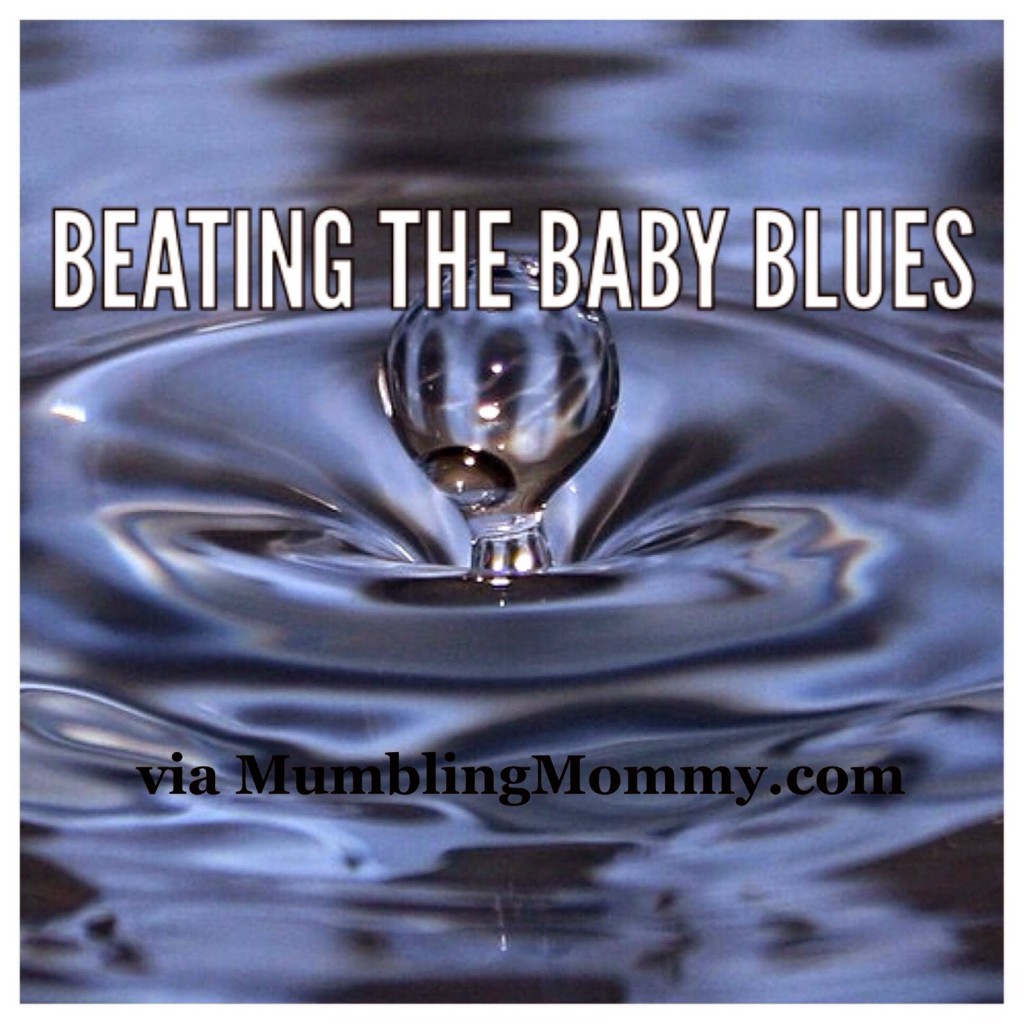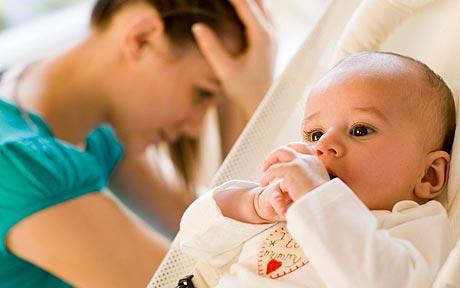After the birth of my third child I battled postpartum depression. I was anxious, cried all the time for no reason, was exhausted, and not taking care of myself. After some caring words from my husband, I spoke with my obstetrician and got some help. I attended a postpartum support group and went on antidepressant medication. Postpartum depression strikes about 10-15% of women, according to the CDC. There is support out there for PPD, talk to a friend, talk to your doctor, get the support and help you
Simple baby blues, or sadness after childbirth, however, strikes up to 80% of women. It can be thought of as mild depression or emotionality, that doesn’t significantly interfere with functioning or daily activities. While I dealt with PPD after the birth of my third child, I had sadness after childbirth with my first two children.
The baby blues, for me, was weepiness and feeling tired. I literally would sit and cry for no reason at all, but the crying didn’t get in the way. I was emotional, but not wrung out or spent. Here’s what I learned and what got me through.
How to Overcome Postpartum Depression
Get out of the house twice a day Even if it was only to the mailbox, I left the house in the morning and in the afternoon. When my husband would come home from work, I’d leave to go to the store or get a decaf coffee at Starbucks. Most days I managed to take walks around the neighborhood, although those walks got harder with each child!
SLEEP As simple as it sounds, sleep IS VITAL. While it can be hard, when breastfeeding or waking to a crying baby every two hours, it’s still important. I enlisted help in the form of friends and my husband; they’d watch my kids during the day so I could take a nap, or my husband would take a nighttime shift so I could sleep six hours straight instead of having to wake up every two hours!
Eat healthy I’m a total hypocrite on this, but eating healthy is important for emotional health and strength. Surviving on coffee and oatmeal cookies isn’t a recipe for feeling good, even though it’s something that got me through a few rough weeks. Include some protein with breakfast and eat fresh fruit and vegetables every day, when possible.
Talk about it After the birth of my oldest, I joined a mom’s group. I know those women got me through that first year. Today, I’m in another mother’s group and I don’t know how I’d get by without them. My sister has a strong group of women from a baby’s birth month message board; other friends of mine have old friends from high school that got them through. However it happens, having a social support network is vital. Its even more important than coffee!
Let’s connect on social media too:
Mumbling Mommy on Facebook
Mumbling Mommy on Twitter
Mumbling Mommy on Pinterest
Tags: Amanda










